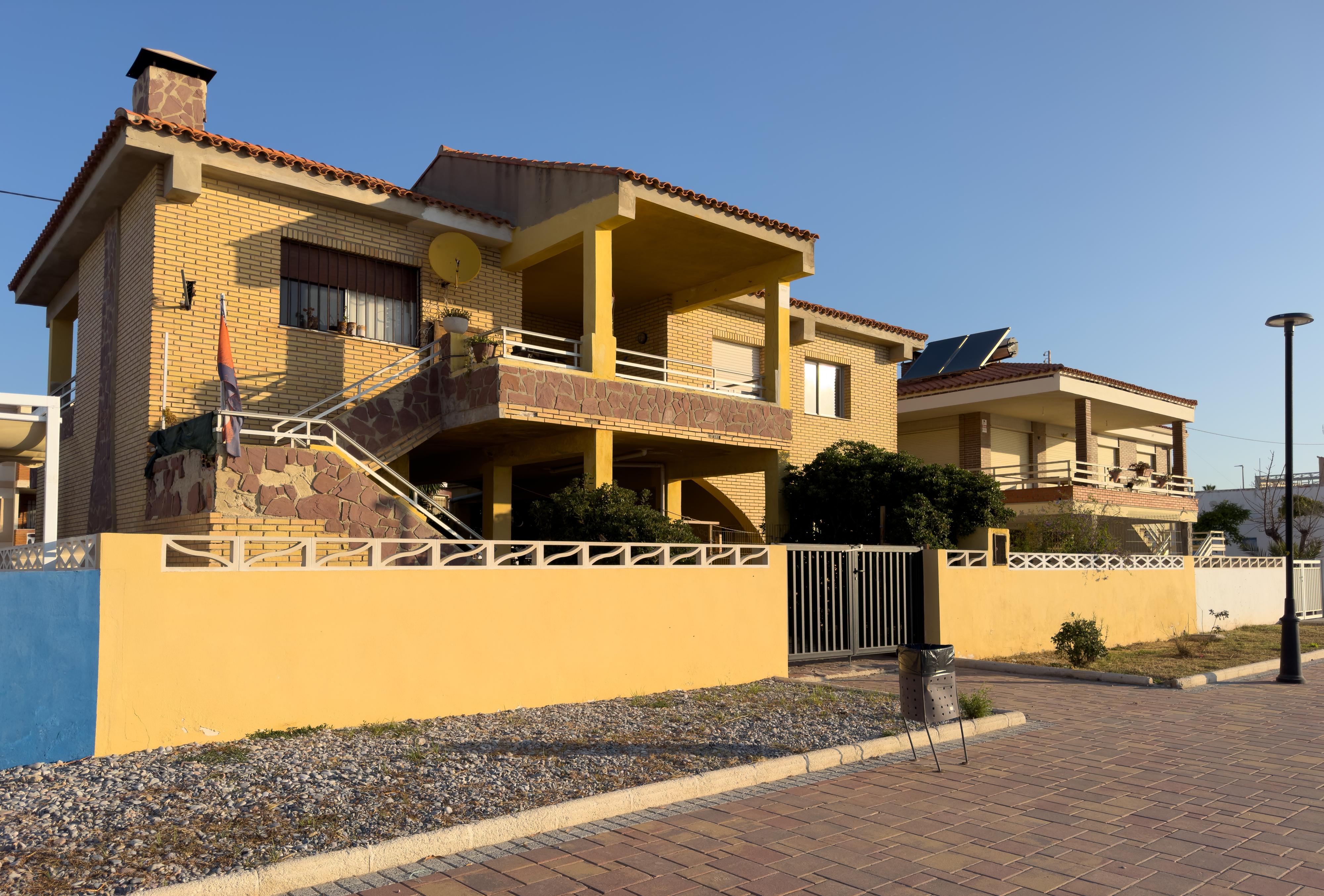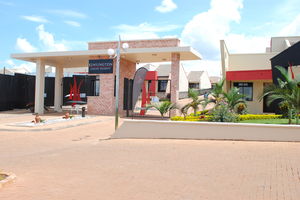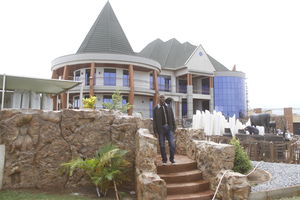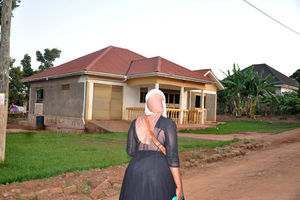
Commercial real estate does not offer a transparent pricing structure because sales go through a number of intermediaries. PHOTOs/www.shuttrstock.com
Recently, as part of an experiment, I contacted experienced real estate agents and asked them to find me a three-bedroom residence in the city suburbs. All three agents came back with significantly differing valuations. What was common though was the eye-watering quotation even though the properties differed significantly. These arbitrary valuations have long been recognised as a concern. Rent values are subjective and are more art than science. Many of these valuations are based on some degree of factual information, but not facts in themselves. Expert valuations vary based on differing judgments of the same data. And when it comes to commercial real estate, experts even disagree over the methods involved.
According to Maria Virginia Nakimwero, a sales manager at Universal Affordable Housing, rental values are determined by a variety of factors. She notes that the process can be precarious because one needs to ensure they get a good return from their property investment and also be fair/ transparent to their tenants.
“As a landlord, understanding rent values provides accurate rent values that ultimately contribute to market stability and leads to a more efficient and equitable rental market,” Nakimwero explains.
Therefore, the value of a property is determined by several factors depending on the type of property and its specific characteristics.
Market analysis
Landlords often value their properties by carrying out research and learning the market trends and conditions. The research involves factors such as demand and supply dynamics in the rental market and this is where the concerns develop. Commercial real estate does not offer a transparent pricing structure because sales go through a number of intermediaries, and much of the information surrounding a sale is not publicly shared. As a result, buyers do not have an easy benchmark for price comparison. Furthermore, no two pieces of real estate are precisely the same. Commercial real estate assets vary in a multitude of attributes such as location, condition and permitted uses that affect potential income. Indeed, research shows many commercial properties are listed for sale with no stated asking price because of the difficulty in determining potential revenue, which can vary based on what a given buyer plans to do with the property. Therefore basing on these factors, using other similar properties will give one a value that is not based on facts but rather an educated guess.
Location
Rent values differ from one city to another. Properties in areas with high demand typically have higher rent values. Because tenants prefer areas proximate to amenities such as schools, public transport or shopping centres, landlords are able to value their properties highly in such locations.
John Musaazi, a broker says landlords in prime areas such as Gayaza, Matugga, Mukono and Budo also tend to value their properties highly because of demand for consumers looking for a countryside experience close to the city.
Property conditions
The condition of a property significantly influences landlords’ decisions regarding rental value. Factors such as size, layout, and included amenities play crucial roles in this determination. For instance, larger properties with more rooms, additional bedrooms and bathrooms, or greater square footage per room generally command higher rental prices.
Well-maintained or recently renovated properties, which meet modern construction standards and have minimal maintenance issues, are particularly attractive to tenants seeking quality accommodations. Landlords typically place higher value on such properties compared to those in poorer condition.
Additionally, rental properties offering unique features, included utilities like water, electricity, and internet, and modern amenities such as swimming pools, gated communities, gardens, high-end finishes, and smart home technologies (such as CCTV cameras and alarm systems) are in high demand. Properties located near natural attractions or featuring distinctive architectural elements also tend to fetch higher rental values, as they appeal to tenants looking to invest in quality living spaces.
Lease terms
When landlords determine rental values, they carefully consider the duration of the lease agreement, which dictates how long tenants will occupy their property. This duration can vary widely, from short-term leases that may span a few months to long-term commitments extending several years. Longer lease terms, such as those lasting five years or more, often come with certain advantages for both landlords and tenants. For tenants, longer leases can provide stability and predictability in terms of housing costs, which is why landlords may offer slightly lower rents to incentivise such commitments. This stability is beneficial for landlords as well, as it reduces turnover and vacancy periods, ensuring a steady income stream.
In addition to the duration of the lease, landlords also consider other lease terms such as renewal options and termination conditions. Renewal options allow tenants to extend their lease beyond the initial term without renegotiating all terms, providing continuity for both parties. Termination conditions outline the circumstances under which either party can end the lease agreement early, offering flexibility in case of unforeseen circumstances.
Economic factors
Understanding the economic context of a region or area is essential for predicting and analysing trends in rent prices. For instance, in areas experiencing population growth, such as Kampala, expanding job markets attract more people who increase demand for rental housing. This surge in demand typically drives up rent prices.
Similarly, inflation plays a crucial role in influencing rent prices. As inflation raises the cost of goods and services, including housing construction and maintenance, property owners seek to generate returns on their investments.
Consequently, they adjust rent prices upward to offset increased construction costs, such as materials and labor expenses. This adjustment ensures that property owners can cover their expenses and maintain profitability amidst rising economic pressures.








